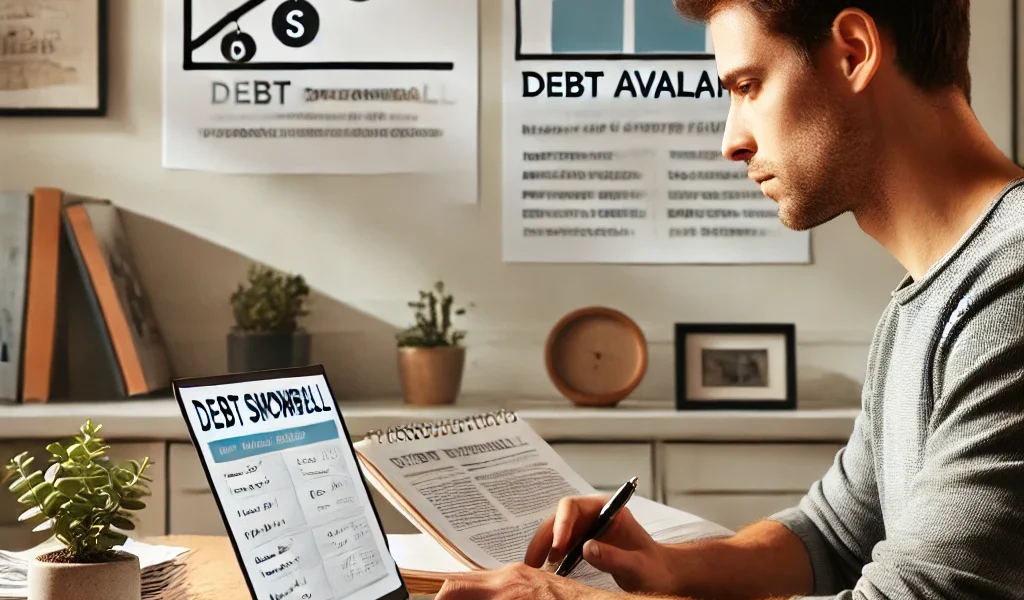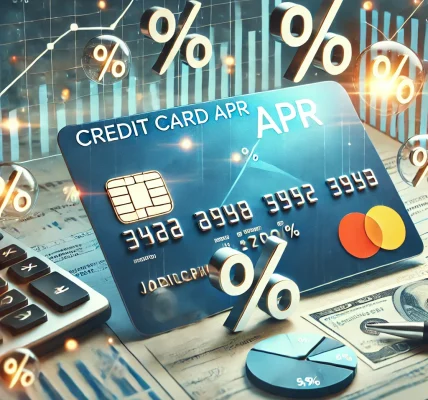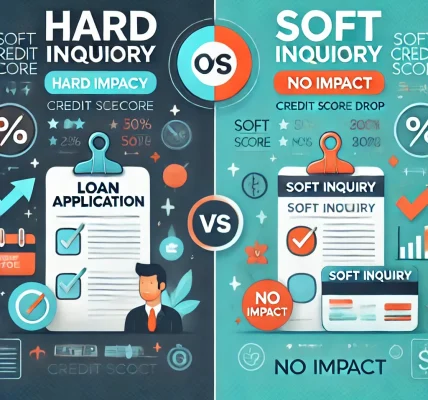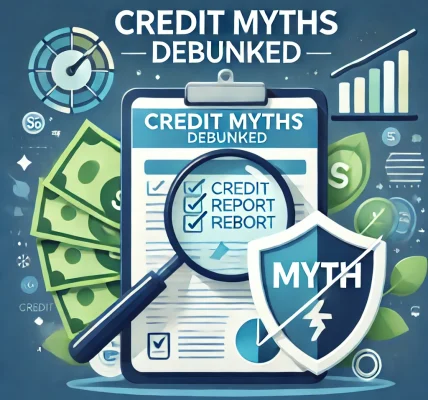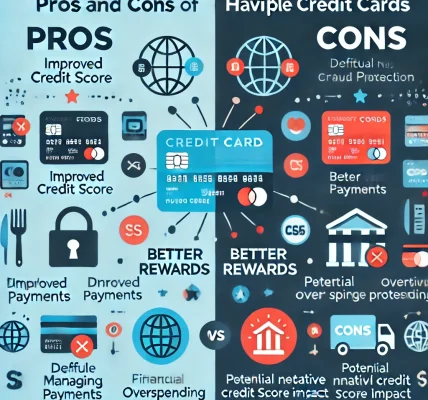Debt can be overwhelming, but you don’t have to face it alone. Whether it’s credit card bills, loans, or other financial obligations, there are smart strategies to help you break free. In this expert guide, we’ll explore effective and actionable ways to get out of debt, improve your financial health, and regain control over your finances. Let’s dive in!
1. Understand Your Debt
Before you can make progress, it’s essential to have a clear understanding of the debt you’re dealing with. Take time to:
- List all your debts (credit cards, personal loans, student loans, etc.).
- Record the interest rates, minimum payments, and outstanding balances.
- Identify which debts are costing you the most in interest and prioritize those.
This comprehensive overview will be your starting point to develop a debt repayment strategy that works for you.
2. Create a Realistic Budget
A solid budget is your best tool for managing debt. By tracking your income and expenses, you can identify areas where you can cut back to put more money toward your debt repayment.
- Track your spending: Use a budgeting app or spreadsheet to track your monthly expenses. This will help you visualize where your money is going.
- Allocate funds wisely: Make sure you allocate enough funds for essential living expenses and then direct any extra money toward paying off debt.
By sticking to your budget, you can start building a debt-free future.
3. Consider Debt Snowball or Debt Avalanche Methods
Two popular methods for tackling debt are the Debt Snowball and Debt Avalanche strategies. Both are effective, but which one works best depends on your preferences and financial situation.
- Debt Snowball Method: Focus on paying off your smallest debt first, while making minimum payments on others. Once the smallest debt is paid off, move on to the next smallest, and so on. This method provides psychological motivation as you eliminate debts one by one.
- Debt Avalanche Method: This method targets the debt with the highest interest rate first. By focusing on high-interest debts, you save money on interest in the long run.
Both methods can be effective, but choose the one that aligns with your goals and personality.
4. Negotiate with Creditors
Sometimes, negotiating with creditors can lead to lower interest rates, better repayment terms, or even a partial debt settlement. Don’t be afraid to reach out to your creditors and ask for help:
- Request a lower interest rate on high-interest debt like credit cards.
- Inquire about settlement offers if you’re unable to pay the full amount.
- Set up a repayment plan that fits your current financial situation.
Creditors are often willing to work with you, especially if they believe you are trying to manage your debt responsibly.
5. Look for Ways to Increase Your Income
Sometimes the key to paying off debt faster is increasing your income. Consider these options:
- Side Hustles: Explore freelance opportunities, online gigs, or part-time work.
- Sell Unused Items: Declutter your home and sell items you no longer need. This can generate extra cash to put toward your debt.
- Ask for a Raise: If you’ve been in your job for a while and are performing well, consider negotiating a salary increase.
By boosting your income, you can pay off debt more quickly and reduce financial stress.
6. Avoid Taking on More Debt
While it may seem obvious, it’s worth reiterating: avoid taking on more debt while you’re trying to get out of the hole. This can be tempting, especially when you’re faced with unexpected expenses, but using credit cards or loans to cover new costs will only increase your debt load.
- Build an emergency fund: Set aside a small amount each month to create a cushion for unexpected expenses. This will help you avoid using credit when life throws curveballs.
7. Consider Debt Consolidation
If you have multiple debts with varying interest rates, debt consolidation may be a smart option. This involves taking out one loan to pay off several smaller debts, often with a lower interest rate.
- Consolidation Loans: Look for personal loans or home equity loans that allow you to consolidate credit card debt and other loans into one easy-to-manage payment.
- Credit Counseling Services: A reputable credit counselor can help you consolidate your debts through a debt management plan (DMP), often securing lower interest rates on your existing debts.
Debt consolidation can simplify your payments and lower your interest rates, helping you pay off your debt faster.
8. Seek Professional Help
If your debt is overwhelming and you’re not sure where to start, it may be time to consult with a financial advisor or credit counselor. These professionals can:
- Help you assess your financial situation.
- Offer personalized strategies for debt repayment.
- Provide support and accountability throughout the process.
Sometimes, a professional perspective can help you see solutions you might have missed on your own.
Conclusion
Getting out of debt may feel like a daunting task, but with the right strategies and determination, it’s entirely possible. Start by understanding your debt, creating a solid budget, and applying proven debt repayment methods like the Debt Snowball or Debt Avalanche. Don’t hesitate to negotiate with creditors or increase your income to accelerate your progress. Remember, every step you take brings you closer to financial freedom.
